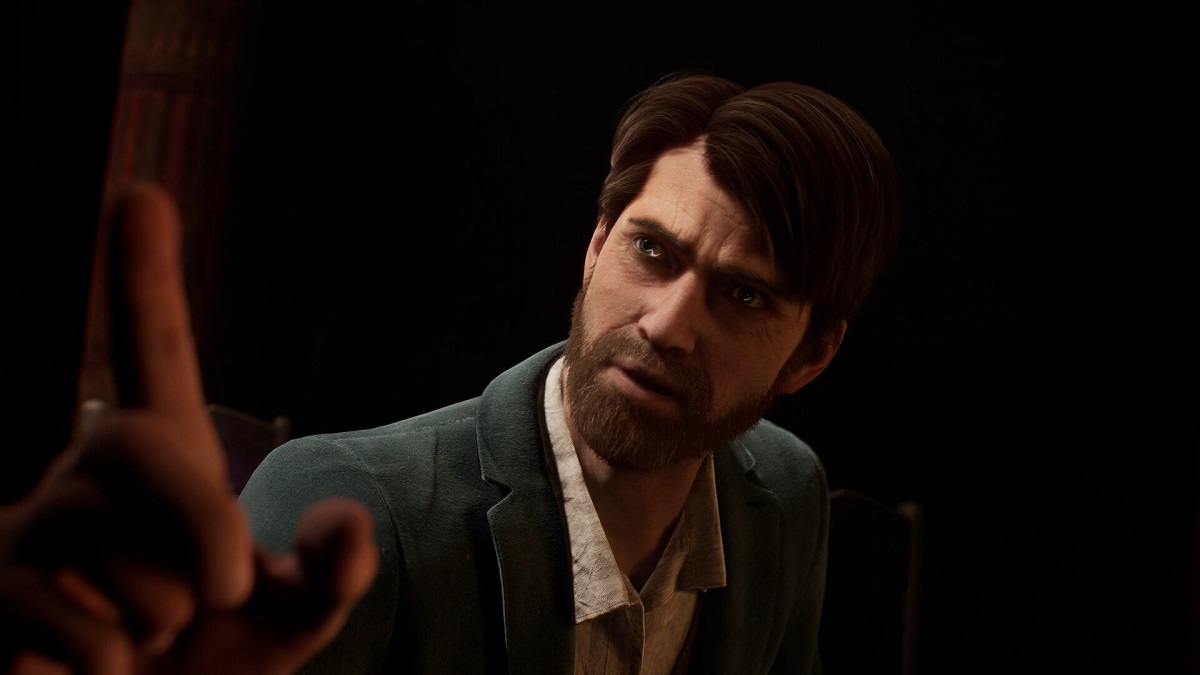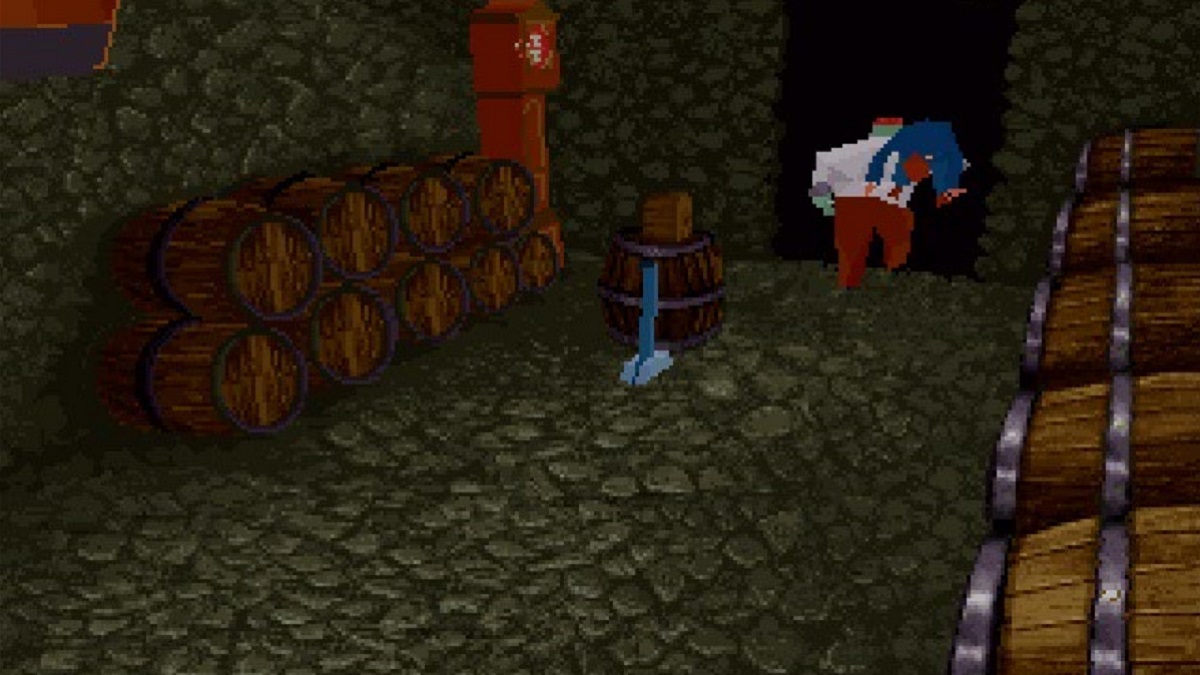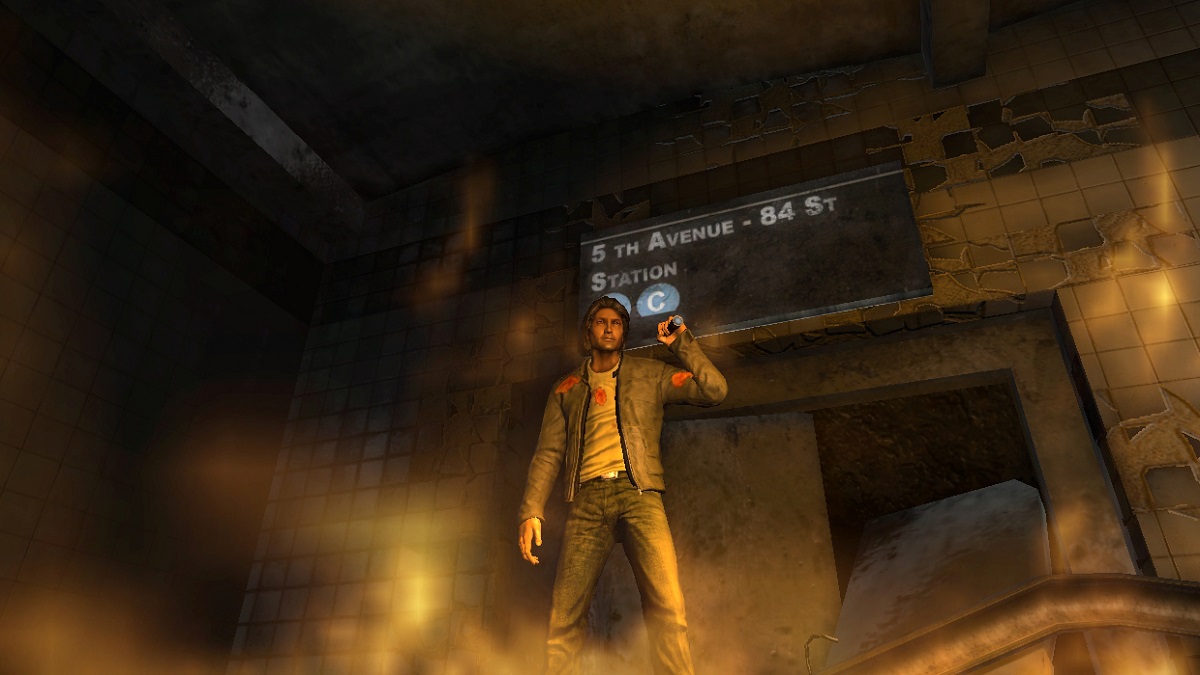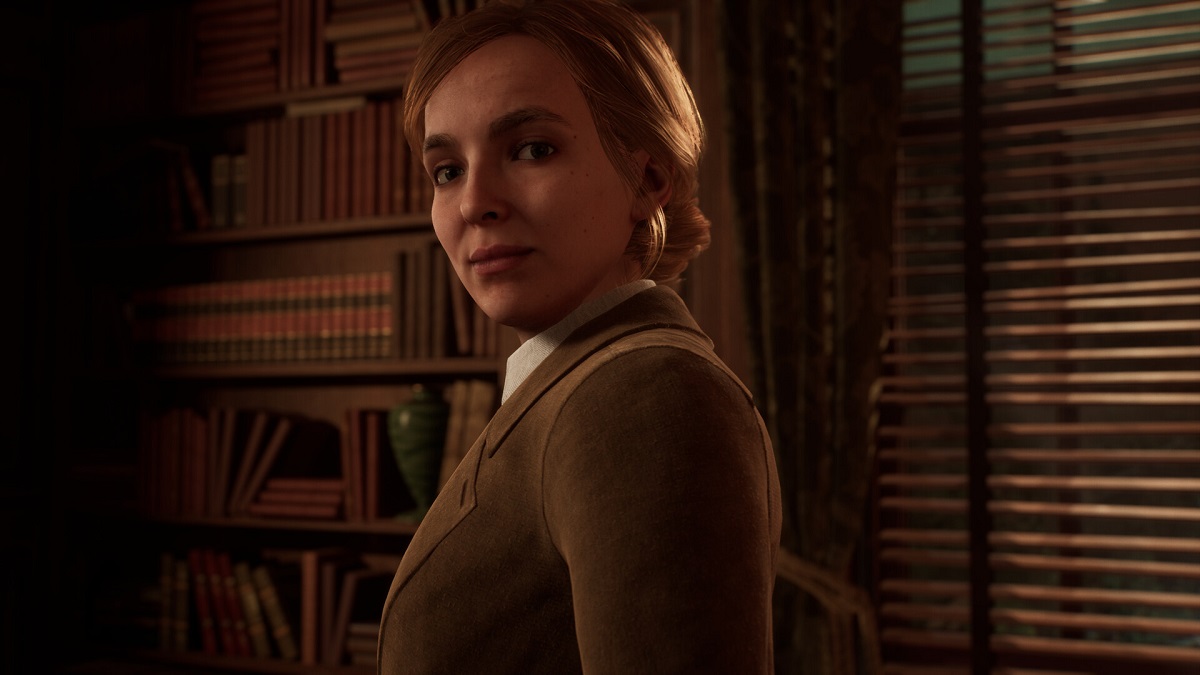If you take a look at Metacritic, you can see that the best-scoring entry in the Alone in the Dark series is the original trilogy from way back in the ’90s. The first game was such an inspiration within the survival horror genre, but that term didn’t really exist until Resident Evil came along a few years later. Yet its impact is undeniable.
Now, with Pieces Interactive’s new take on the iconic series doing the rounds, we once again find ourselves wondering whether we can welcome AitD back to the fore. At the time of writing, reviews for the latest game are trickling in, but from what I’ve seen, there’s an overall feeling that the franchise is struggling to make any kind of significant comeback.

I was fortunate enough to receive an advanced copy of the 2024 remake (reimagining or whatever) and made it through Emily’s story at the pace most anticipate finishing at least one playthrough. My findings left me feeling like Alone in the Dark just doesn’t stand a chance in the modern games industry, and it’s hard to understand why that is.
This isn’t our Destructoid review, as it is more about whether or not there’s any breath left in the old beast. Now, maybe you really like the new game, and that’s absolutely fine. Steam currently has it sitting pretty on “Most Positive.” However, is it enough to truly revitalize the series? Or has the bar for remakes of classic survival horror games been set so high by Capcom, that attempts by others – even the genre’s OG – struggle to compare?
The birth of an elder
Back in 1992, gaming was still very much in its infancy. We were one year away from the likes of Doom and the SNES console only hit the US market a year before that. What I’m saying is, it was a long time ago. But a new 3D adventure was about to launch on MS-DOS, bringing with it gaming visuals that had never been seen before, a story that encompassed mystery and Lovecraft-inspired horrors, and gameplay that favored fleeing over mindless fighting.

The original Alone in the Dark by Infogrames has cemented itself in the annals of gaming history, its legacy still living on to this day. Its genre-defining aesthetic and puzzle mechanics went on to inspire Resident Evil, which released in 1996. For good or ill, Capcom’s legendary series has remained a staple in horror ever since, but its enormous success likely means that a lot of people probably don’t even know where its influences began.
A sequel to AitD was released in 1993, followed by a third entry in 1995. This culminated in a trilogy pack, which came out in 1997 (according to Metacritic). After that, the series went on hiatus until the early 2000s. By this point, we’d had three Resident Evil games and the emergence of something even more boundary-smashing: Silent Hill.
Enter a new nightmare
With such mighty names building reputations in survival horror, even the likes of Alone in the Dark had its work cut out for it. Capcom and Konami (or Team Silent, I should say) were coasting on the success of their respective franchises, so the granddaddy of them all lay dormant until 2001. Then along came The New Nightmare by Darkworks.

Look, having never played the game myself, I can’t offer up any personal insight. What I can say is that, for the most part, a lot of people didn’t seem to look too favorably on the latest installment in the influential series. With a meta score of 66, an argument could be made that it’s not really a terrible game, just that it’s more of an average horror title at best, judging by scores then.
A few more years passed us by, then we got 2008’s Alone in the Dark by Eden Games, which seemed like an attempt at shaking things up by offering a different play style. According to the Wikipedia entry:
It is set out through DVD-style “episodes”, where the player can choose to start the game from the beginning or choose to skip to a section if they get stuck. If they choose to do so, the past events are recollected in a “Previously on Alone in the Dark…” cutscene at the start of the episode.
That does sound like a pretty interesting take on the series, but with a score of 58 (“Mixed” on Steam), the gaming world seemed to collectively show, at best, vague disinterest in Alone in the Dark. Having said that, I hear the fire effects were pretty phenomenal for the time. But that didn’t appear to be enough to rescue an iconic horror franchise from the deathly claws of obscurity.
Then we got Alone in the Dark: Illumination in 2015, an entry that flew so far under the radar I’m willing to bet some of you reading this hadn’t even heard of it until now. That includes me. Then there’s the Uwe Boll-directed movie adaptation. But we don’t talk about that.
Fast-forward to 2024, and Pieces Interactive (along with publisher THQ Nordic) is giving it a go, perhaps more in a “return to form” sort of way, but with a flavor that leaves a Resident Evil 2 remake aftertaste. Not always a bad thing, mind, but you have to admit that AitD was always going to be compared to Capcom’s modern interpretation of the RE brand.
Hopes fading?

Although the 2024 version of Alone in the Dark has only been out a day, it doesn’t feel like it’s going to be a reboot worthy of much note. Maybe extra content or patches to fix some of the more egregious issues could stop it from falling into the gaming abyss any time soon. But I don’t have a lot of hope, and I can’t point to just anyone one thing making Alone in the Dark struggle so hard to return.
While it’s tempting to compare it to Resident Evil – both in terms of the classics and the newer remakes – the one thing RE has done is remain in the limelight, and therefore relevant. From the first three installments back in the ’90s to the way RE4 massively switched up the genre with its now-influential over-the-shoulder look to reinventing the name through the seventh and eight installments, the remakes have been more of a ballast.
In the case of Alone in the Dark, it just went away, came back, went away, came back. Rinse and repeat. Maybe there’s something to be said about the fact that studios not typically associated with horror have been having a crack. Pieces Interactive was mainly known for the Magicka games, while Darkworks was relatively new, having only developed one game prior to New Nightmare.
I’m disappointed more that Alone in the Dark 2024 may go down as yet another example of the franchise struggling to keep its head above the water by the fact that Mikael Hedberg’s name is attached to it. While it’s not always about the writing, I have to ponder the notion that if the writer of SOMA (what I consider to be one of the greatest horror games of all time) can’t make it work, then maybe there isn’t much hope for its future.
But that’s my take. It just feels like we’ve circled the airport several times now, and no one knows whether a landing will take place.








